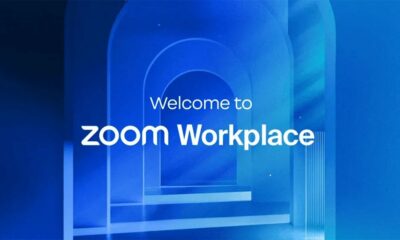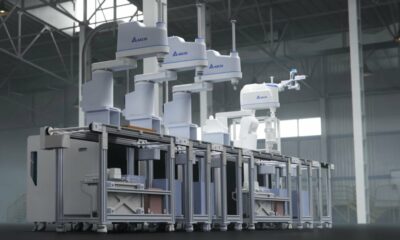Lenovo Group Ltd, a Chinese technology company, is collaborating with US chip giants like Intel Corp and Qualcomm Inc. to create AI PCs, or computers that have artificial intelligence built in, in response to the increasing demand for more intelligent productivity tools.
Lenovo said that these computers can automatically create artwork presentations and synthesize knowledge based on stored documents at the launch of China’s first batch of AI PCs in Shanghai on Thursday. According to Lenovo, they are appropriate for a variety of users, including scientists conducting research in Antarctica and elementary school pupils.
According to Lenovo chairman Yang Yuanqing, the second half of AI’s development begins when the technology moves from scientific discoveries to useful applications.
According to Yang, gathering user input and advancing AI technology via practical uses are crucial.
He emphasized the high processing demands of AI-enabled PCs and projected a world in which each person has a personal intelligent being that can be easily integrated into smartphones or PCs.
Market research company Canalys has forecast that about 48 million AI-capable PCs will be shipped worldwide this year, representing 18 percent of total PC sales, and the figure will top 100 million units in 2025 to account for 40 percent of total PC sales.
About half of Lenovo China’s PC products will be AI PCs in the upcoming quarter, according to Liu Jun, the company’s president of Lenovo China, and that percentage is predicted to reach 80% by 2024.
Lenovo’s recently released AI PCs come equipped with a large language model developed in-house by the company that can converse with users in a natural way, improving work, learning, and daily life.
According to Lenovo, AI PCs continuously enhance their comprehension and provide accurate, customized services by utilizing local user data.
During Lenovo’s meeting in Shanghai on Thursday, Cristiano Amon, the CEO and president of Qualcomm, stated via video that the PC industry is about to enter an exciting phase.
In addition, “Amon expressed his excitement about collaborating with industry titans like Lenovo to develop and jointly create the upcoming AI PC generation, which will provide users with intelligent, tailored experiences.”
He said the world is witnessing unprecedented innovation and application of generative AI at an accelerated pace, but the development is still in its early stages.
Thus far, a significant portion of the advancements in generative AI have been focused on the cloud, which will remain a crucial component. Nevertheless, Amon noted that generative AI is developing quickly and will soon be able to operate directly on a variety of gadgets, including smartphones, next-generation PCs, and even cars.
Lenovo and Intel are working together to provide AI-enhanced PC experiences and support a thriving AI ecosystem in China, which will contribute to the global AI landscape, according to Intel CEO Pat Gelsinger in a video address.
Furthermore, he highlighted how transformative computing technology is and predicted that AI-powered systems will become a necessary part of everyday life, helping with both mental and physical tasks.
The company’s recent action is a part of a larger effort by Lenovo to take advantage of AI opportunities through complete business transformation and improved R&D proficiency.
Prior to now, Yang has discussed the company’s new ten-year plan, which includes leading the AI revolution, accelerating transformation, creating jobs, growing exports, and promoting corporate social responsibility.

 Technology4 weeks ago
Technology4 weeks ago
 Technology3 weeks ago
Technology3 weeks ago
 Business4 weeks ago
Business4 weeks ago
 Technology3 weeks ago
Technology3 weeks ago
 Business4 weeks ago
Business4 weeks ago
 Technology4 weeks ago
Technology4 weeks ago
 Technology3 weeks ago
Technology3 weeks ago
 Technology4 weeks ago
Technology4 weeks ago


